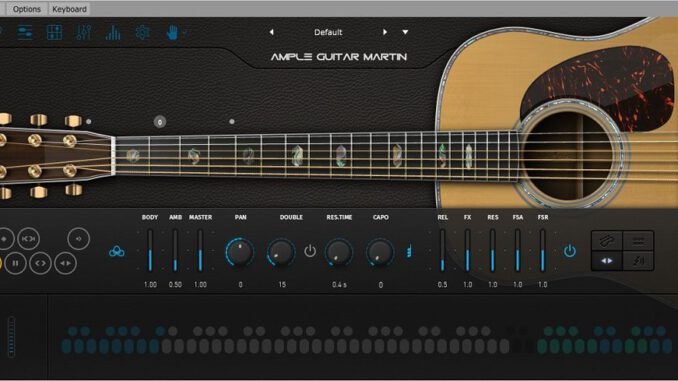
The guitar universe has been cut into so many facets as to create spectrums when held up to the proper light, and global empires have been raised and razed while the melancholy chords from their instruments have played on. Acoustic or electric, stringed instruments have become the backbone of modern music, and have been the medium through which some of history’s greatest artists have chosen to channel their passion.
The guitar itself is the source of some serious arguments, complete with vociferous disagreement fueled by its own lexicon. There are guitarists who are self-taught, and others who are classically trained, and they command equal respect. Some are Fender men, others choose Gibson (just to name two well-known brands). Some prefer a tremolo bridge while others shake their heads. There are set necks, bolt-on necks, neck-throughs… We haven’t even scratched the surface here.
Lost amidst all the hype and hubbub is a tiny device, thanklessly forgotten in just about all phases of guitar discussions: The humble plectrum. You know, the pick. Not everyone uses them all the time, but the use of a pick will obviously increase the tone and timber of whatever style is coming out of your guitar.
I have a friend who never leaves the house without a pick in his pocket. He’s not superstitious about it – although there are many who are – he just wants to have one should the opportunity ever present itself to play someone’s guitar. On the rare occasions when that actually happens, he’s happy he has a pick.
While they may not exactly invade your consciousness, there is clearly a lot of interest in the subject. If you hit up the search engines, you’ll find that typing in “guitar picks” yields roughly 36 million results. Initially, one might consider picks to be much like Widgets – all performing the same function, all made the same way, and made cheaply at that. Of course, seasoned musicians know better.
Most picks are indeed mass-produced out of plastic, spanning every color in the spectrum, or with patterns such as tortoise shell or metallic flake. They generally don’t cost much to make or even to purchase. Many music stores and websites are more than willing to give them away for free, and they are often included when one buys a set of strings, a pitch pipe or a string winder. There is probably some legitimate debate over the optimal thickness of a guitar pick, much of it depending on what style of music you play, but it seems by and large to be a matter of preference.
The standard round-cornered triangle shape isn’t the only game in town, by any means. Some picks, especially bass picks, can have variations in shape, including geometrically-accurate triangles. There is also a wide variety of finger picks and thumb picks, which are most commonly associated with the banjo, although certain styles of music lend themselves almost exclusively to finger-picking.
Plastic is hardly the only material by which picks of any sort can be made. Those made from wood or bone can be easily found (online or off). They’ve also been fashioned from metal or stone – these tend to come off the string with a sharp, edgy sound, to which some people react as though it were fingernails on a chalkboard. Solid felt picks are used by some bass players to provide a soft sound behind a distinct pick strike.
With advancements in digital screen printing, customized or corporatized guitar picks are becoming more affordable, and thus more prevalent. Harley-Davidson picks, for example, are quite popular (even though the makers of Harley-Davidson motorcycles have very little, if anything, to do with music). Famous rock bands are also wont to distribute or sell picks adorned with their logos and likenesses, as are the makers of fine musical instruments. Or, what the heck, you can get one bearing the likeness of a space alien’s big-orbed face… If it glows in the dark, all the better.
Just as picks can be had for free, they can also be expensive, if one wants to put enough personality and artistry into it. In that regard, guitar picks are the ultimate stocking stuffer for musicians. As with strings, whatever they may cost, the gift of guitar picks lets someone know how much you really were thinking about them. So let’s give it up for the plectrum, which may be the only thing you’ll ever want between you and your guitar.
How To Make Guitar Picks


Be the first to comment